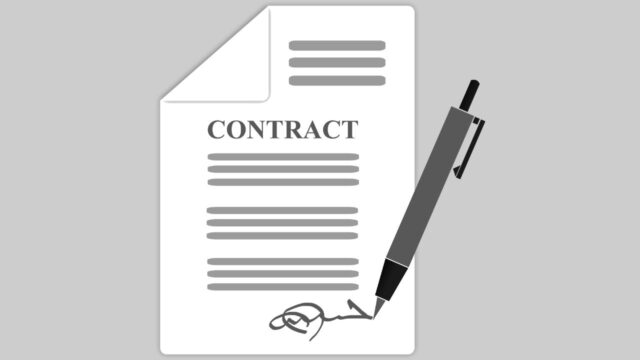
What is a unilateral contract
A unilateral contract is a type of contract in which one party agrees to provide goods or services in exchange for payment, but the other party is not obligated to provide anything in return. This type of contract is typically used in situations where the service provided is unique or difficult to specify in advance, such as catering services or design work. Because there is only one party that is legally bound to uphold their end of the deal, these contracts can be less risky than traditional contracts. However, they can also be more difficult to enforce if the other party does not live up to their end of the agreement.
How do you create a unilateral contract
Unilateral contracts are used in a variety of situations, including insurance contracts, reward offers, and employment agreements. Creating a unilateral contract is relatively simple. To create a binding agreement, one party must make an offer that can be accepted by completing a specified action. For example, an insurance company might offer a reward for information leading to the arrest of a hit-and-run driver. The terms of the offer must be clear and unambiguous so that there is no misunderstanding about what the other party needs to do to earn the reward. Once the specified actions have been completed, the contract is considered to be fulfilled and the promisor is obligated to provide the agreed-upon consideration.
What are the benefits of using a unilateral contract
One benefit of using a unilateral contract is that it can minimize the risk of non-performance, since the only party with an obligation under the agreement is the party that stands to gain from its completion. This type of arrangement can also be useful when one party is seeking to protect their intellectual property rights, as they can require the other party to sign a nondisclosure agreement before entering into negotiations. In addition, unilateral contracts can provide greater flexibility than traditional agreements, as they can be structured in such a way that either party can modify or terminate the arrangement at any time.
What are the drawbacks of using a unilateral contract
There are also some potential drawbacks to consider. First, unilateral contracts can be difficult to enforce. If the party who agreed to pay fails to do so, the other party may have difficulty collecting what is owed. Additionally, unilateral contracts can be unfair to the party who agrees to perform the service or provide the good. This is because that party may not receive payment even if they fulfill their end of the agreement. As a result, it is important to carefully consider all potential risks and benefits before entering into a unilateral contract.
When is it appropriate to use a unilateral contract
This type of contract is often used in situations where it is not possible or practical for both parties to meet in person to sign a more traditional contract. For example, a unilateral contract might be used when someone hires a contractor to do work on their home, or when a company sells products online. In both cases, the customer has the option of accepting or rejecting the offer, but the seller is not obligated to provide anything until the customer makes a decision.
While unilateral contracts can be convenient, it is important to be aware of the risks involved. Because there is only one party who is legally obligated to fulfill the terms of the contract, there is a greater risk that the other party will not hold up their end of the deal. As a result, it is important to carefully consider whether a unilateral contract is appropriate for your situation before proceeding.
How can you terminate a unilateral contract
There are several ways to terminate a unilateral contract. The first is through performance of the contract. Once the contracted party has fulfilled their obligations, the contract is considered complete and both parties are released from any further obligations.
Second, a unilateral contract can be terminated through frustration of purpose. This occurs when the underlying reason for the contract disappears, making it impossible for one or both parties to fulfill their obligations. Lastly, a unilateral contract can be terminated by mutual agreement of the parties involved. This typically happens when both parties agree that it is in their best interest to end the contract early. In any case, it is important to consult with an attorney before terminating a unilateral contract to ensure that you are taking the proper legal steps.


































